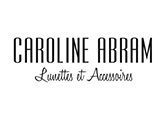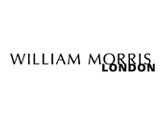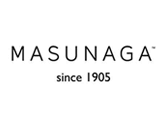Technology
Ashburton Eyecare uses state of the art technology to ensure your eye consultation is comprehensive, comfortable and convenient.
Our technology includes:
Retinal photography enables an assessment of retinal health for conditions such as macular degeneration, glaucoma and diabetic eye disease, amongst many others. Retinal photography allows abnormalities or changes to be quickly identified and documented from one photo to the next.
Retinal scans provide 3D maps of the back of the eye and cross-sectional scans of the retina. The advantage for you is earlier detection of eye problems than previously possible, and with a lot more detailed information about the eye condition. The information gained has the potential to stop vision loss.
Children need to be examined differently from adults. To ensure this takes place seamlessly, we have a child’s version of a number of our tests which gives parents confidence, taking the stress out of examining a child. Children’s consultations are a lot more dynamic, and try to reflect the nature of a child’s natural movements.
Our range of technology for children covers visual efficiency and visual information processing equipment; vision training devices.
The autorefractor is used for young children or for people who have difficulty communicating. No matter what age your child is, using the autorefractor along with other tests ensures a reliable measurement of any focussing (refractive) errors that may interfere with your child’s clear vision.
We have devices to measure the shape of the corneal surface (corneal mapping and keratometry), and this is very useful for fitting contact lenses, which come in all different shapes and sizes. It’s a bit like shoe fitting – measure the foot and choose the right shoe.
At Ashburton Eyecare we fit a range of contact lenses including
- Soft contact lenses
- Hard (rigid gas permeable) contact lense
- Keratoconic fitting
- Tailored customised lenses
A binocular microscope gives a very clear view of most structures external and internal to the eye. With our attached digital camera piggybacking the microscope, it is easy to document any abnormalities within the eye or surrounding the eye.
This is helpful in detecting a range of conditions including:
- Lid skin cancers
- Cataract
- Retinal disease
- Eye inflammation
- Eye infections
Usually your optometrist will only check central vision on the eye chart, but sometimes peripheral vision can be affected as well. The FDT is the optimal visual field test to detect early glaucoma. It will be recommended as a specialty test only if indicated.
We use two different instruments to check fluid pressure in the eye. Just like a car tyre, pressure should be within an optimal range and can cause problems if it’s too high or low.
Corneal thickness can be measured either with our laser or using our ultrasound. It is a critical measurement for those people at risk of glaucoma, which is an eye disease that can cause peripheral vision loss and then blindness if not treated.
Our expert optical technicians make use of the fully equipped on-site workshop for precision fitting of delicate or complicated lenses. Lens cutting, tinting and frame repairs can all be done in-house for maximum convenience and to ensure quality control.










